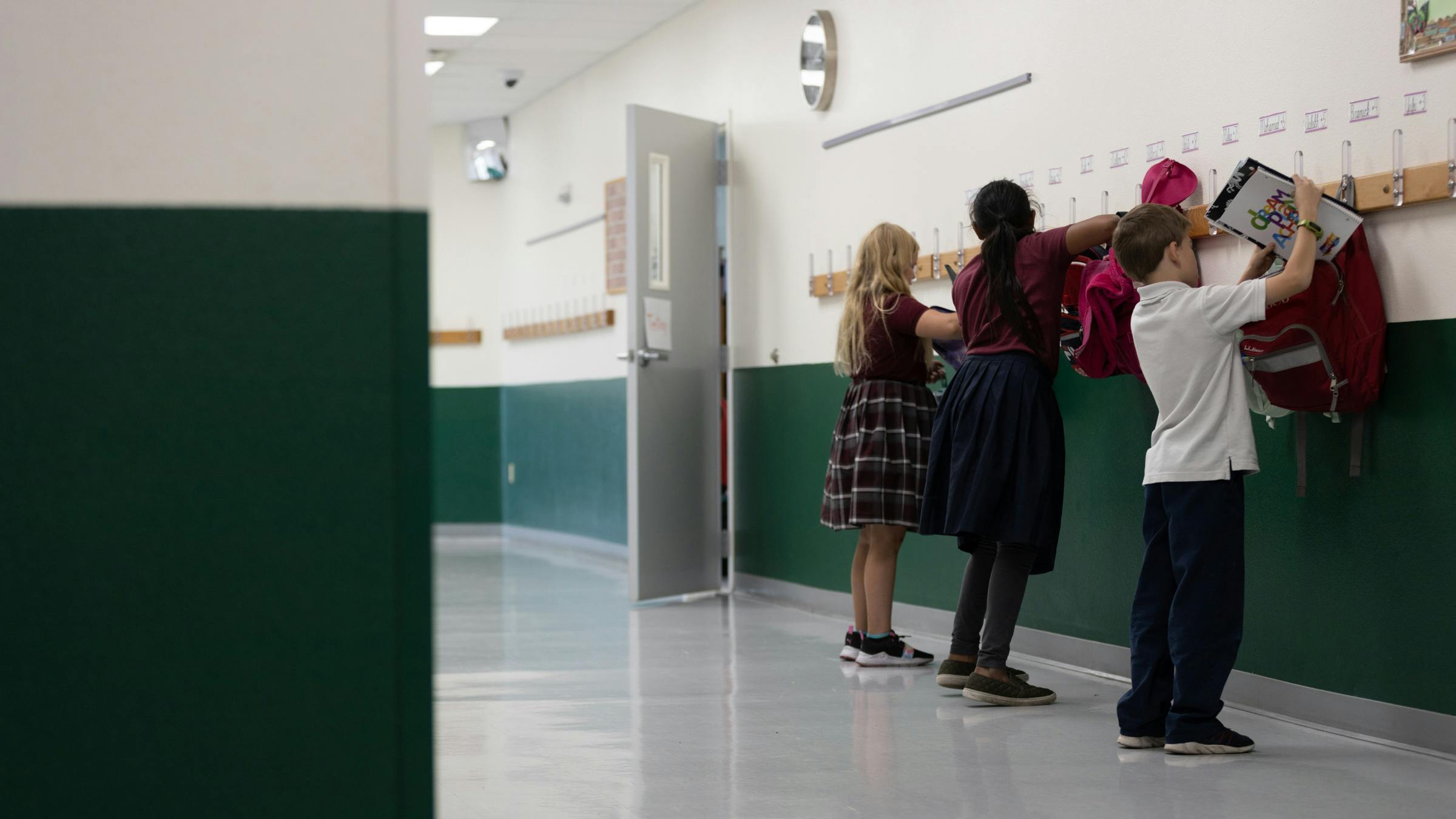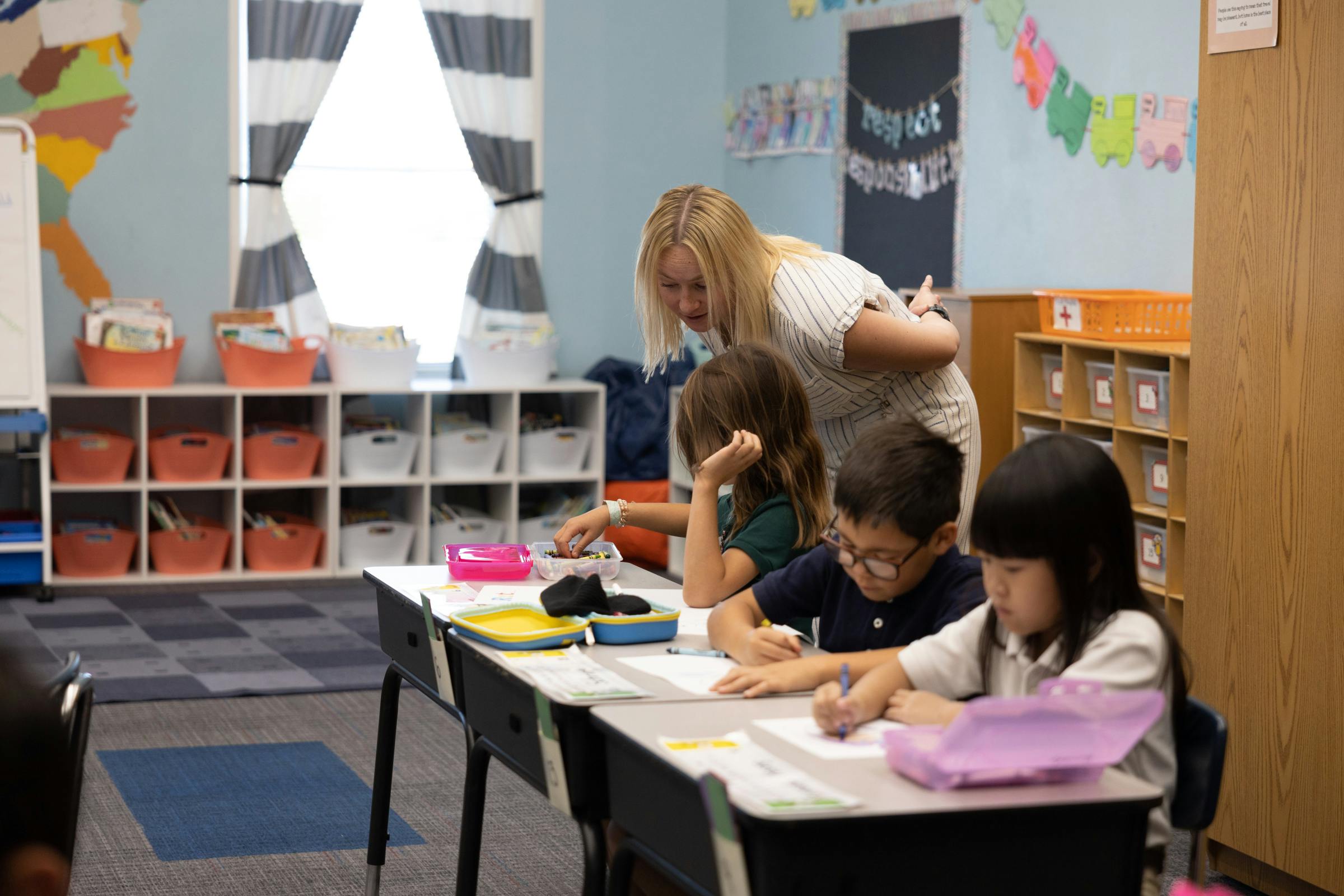
What is a charter school?
Charter schools are public schools that offer parents the opportunity to pick a school that best fits the needs of their child.
Anyone can go to a charter school.
There is never a cost to attend, and charter schools are open to all students. These independent, publicly funded, and tuition-free K-12 public schools offer a unique opportunity to tailor education to the needs of the community.
One of the roles of charter schools is to bridge educational gaps and provide equal opportunities for all students. Charter schools welcome students from diverse backgrounds, including those with special needs.
Like traditional public schools, charter schools accept any student who applies on a first-come, first-served basis. If the number of applicants for enrollment exceeds the number of available seats, a charter school must hold a public and blind lottery for enrollment. Charter schools strive to create inclusive environments where every child can learn, grow, and succeed to reach their full potential by offering tailored support and individualized learning plans.
Flexibility & Innovation Set Charter Schools Apart
Charter schools offer administrators and teachers the flexibility to design curriculum and teaching methods that consider a variety of learning styles, treating each child as an individual. By personalizing education, charter schools create an environment where all children can thrive and succeed.
Each of the 7,800 charter schools is unique—both inside and out. Some focus on college prep, some follow a STEM curriculum, and others integrate the arts into each subject. Most charter schools are located in cities, but there are charter schools in suburban and rural areas as well. Some charter schools require uniforms, others have longer school days, and some teach their entire curriculum in two languages. The possibilities are endless, but charter schools aim to provide a range of options so that parents can choose the public school that best fits their child.

What makes a charter school education different?
Less bureaucracy, more success, happier families.
Accountability
In exchange for increased flexibility to customize their curriculum and teaching methods, charter schools must meet rigorous standards outlined in their charter and be held accountable to these metrics by their authorizer to remain open. And, more importantly, charter schools are held accountable to the families and communities they serve.
Focus on student interests
Each charter school has a unique mission and specialization – for example, Montessori learning at the charter schools in Laramie, college preparation at the PODER schools in Cheyenne, classical education at the charter school in Mills, and a project-based curriculum at Prairie View Community School in Chugwater.
Strong Community Ties
Another exceptional aspect of charter schools is their strong ties to the communities they serve. Charter schools have the flexibility to tailor their programs to address the specific challenges and strengths of their locality. They act as educational hubs, collaborating closely with parents, community leaders, and local businesses to ensure students are well-prepared for the future workforce or further academic pursuits.